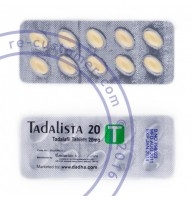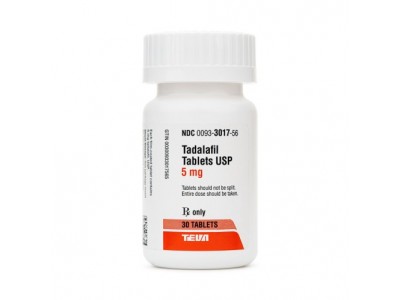Tadalafil, commonly known by the brand name Cialis, is a medication used to treat erectile dysfunction (ED) and symptoms of benign prostatic hyperplasia (BPH). Taking more than the prescribed dosage of tadalafil, such as two pills within a 24-hour period, can lead to several potential consequences:
Increased Risk of Side Effects: Tadalafil can cause side effects such as headache, indigestion, back pain, muscle aches, flushing, and nasal congestion. Taking a higher dose can increase the severity and likelihood of experiencing these side effects.
Cardiovascular Effects: Tadalafil can lower blood pressure, and taking an excessive amount could potentially cause a sudden drop in blood pressure (hypotension). This can lead to dizziness, fainting, and in extreme cases, cardiovascular complications.
Prolonged Erection (Priapism): Taking more tadalafil than prescribed increases the risk of priapism, a painful and prolonged erection lasting more than four hours. Priapism is a medical emergency and requires immediate medical attention to prevent tissue damage to the penis.
Interaction with Other Medications: Tadalafil can interact with certain medications, particularly nitrates used to treat chest pain (angina). Combining tadalafil with nitrates can cause a dangerous drop in blood pressure. It's essential to inform your healthcare provider about all medications you are taking before starting tadalafil.
Health Risks: Exceeding the recommended dosage of tadalafil can pose serious health risks, especially for individuals with underlying medical conditions such as heart disease, liver or kidney impairment, or those at risk of priapism.
To avoid these risks, it's crucial to take tadalafil exactly as prescribed by your healthcare provider. If you accidentally take more than the prescribed dose or experience any concerning symptoms after taking tadalafil, seek immediate medical attention. Your healthcare provider can provide guidance on safe dosing and monitor for any adverse effects or interactions.

